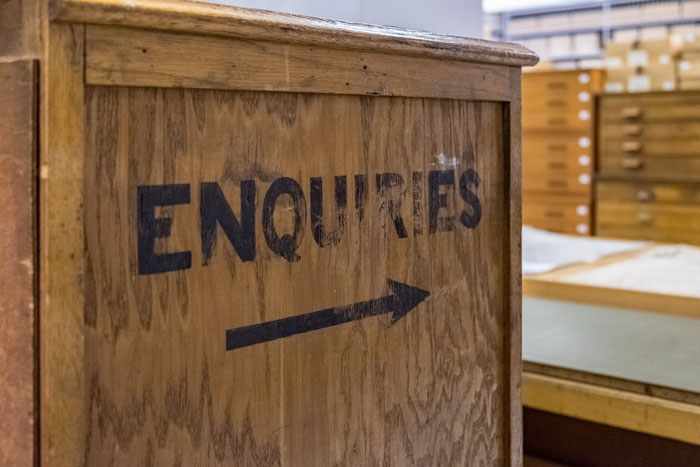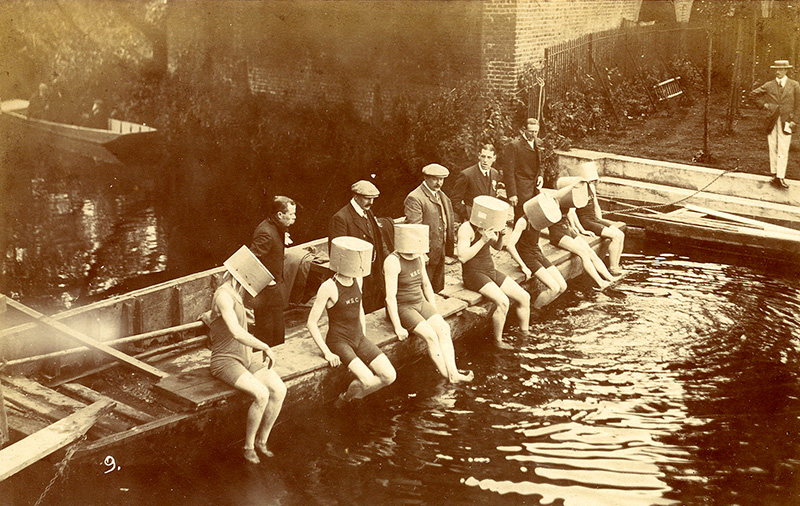The Royal Berkshire Archives (RBA) holds wills, or grants of administration for those who died without a will, from 1480 to 1857. These records can tell you a lot about someone and their relatives.
Until January 1858, the Church dealt with wills and probate, as soul and property were joined together. The RBA has records of two church courts that granted probate up to 1858: the Archdeacon of Berkshire, and the Peculiar of Faringdon.
The Archdeacon oversaw wills of people with property in Berkshire, unless they owned land elsewhere or lived in one of the 'peculiars' - places where court jurisdiction had been granted to another Church official.
But what types of records are Probate records? Well, there are wills, administrations, inventories and accounts. Let's explain the difference.
Wills: this is the most common record in which an individual sets out their intentions as to what should happen to their possessions after death and to appoint executors.
Administrations (admons): If a person died without making a will (intestate), the court had to appoint people to administer the estate and issued letters of administration. The appointed persons would then enter an administration bond to carry out various tasks. However, they do not reveal anything about actual possessions unless an inventory is included.
Inventories: This was made as a true record of the extent and value of the deceased’s estate and often included debts as well as possessions.
Accounts: These are of the executors or administrators and detail expenses involved in dealing with an estate.
It's also worth noting that sometimes, all that survives is a registered copy of a probate record, which is a hand written version in a bound volume.
If you'd like to search our index to the Archdeaconry of Berkshire collection of over 38,000 wills, administrations and inventories, 1480-1857, please view our online index.
View the index to probates granted by the Faringdon Peculiar Court.



